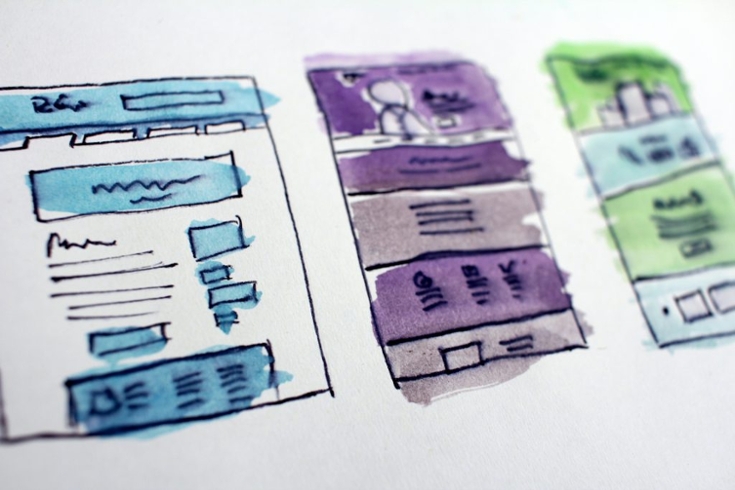Course Spotlight: Internship in User-Centered Design
May 30, 2023

Have you ever considered completing an internship while earning your master’s degree? For students in our User-Centered Design MS program, completing an internship as part of their degree is a great way to incorporate extra hands-on learning and industry experience into their master’s program.
Can I earn course credit for my internship?
Yes! In the User-Centered Design MS, students may take RUCD 292 – Internship in User-Centered Design. This elective course allows students to complete an internship for course credit toward their master’s degree. Just like all GPS courses, the internship course is worth three (3) credits. Taught by Elizabeth Rosenzweig, a UX Design Researcher with decades of industry experience, the course enriches the internship experience as a whole by engaging students in purposeful reflection, helping them learn to take feedback, and giving them space to digest what they are learning on the job.
How can User-Centered Design students benefit from completing an internship?
Students who complete an internship can gain hands-on experience working alongside industry professionals. As an intern, you have the chance to apply what you have learned in the classroom to real-world situations and experience different aspects of the industry – research or design, for example. Instructor Elizabeth Rosenzweig explained that many students who complete UX internships are put on a design team within the organization, and help to conduct research for a project that the team is currently working on. This allows the intern to gain skills that they can apply to future projects that they complete for their master’s program, as well as build their portfolio. These are also skills that are transferable to future roles.
What can I expect to learn from the internship course?
The internship course provides students with regular opportunities to debrief what they are learning in their internship. Not only that, the course proves to be a supportive community for students who are similarly balancing an internship experience. As students learn the ins and outs of the industry that they are studying, having a supportive network of faculty and peers to rely on while you work through this experience can be an invaluable resource.
“By adding an internship course to the degree where you get to do hands-on work and gain real-world skills, it provides the opportunity to come away with a much deeper experience,” Rosenzweig explains.
Rosenzweig also emphasized the importance of the intentional reflection that the course encourages students to do as a valuable opportunity for students to learn and grow their skills. Completing an internship in combination with the internship elective (RUCD 292) supports students in realizing their strengths in UX and figuring out what they enjoy, says Rosenzweig. Having a real-world experience like an internship helps you get comfortable with applying what you have learned in the classroom before you graduate from your program, increasing your confidence and chances of success upon entering the workforce.
Learn more about the User-Centered Design MS.